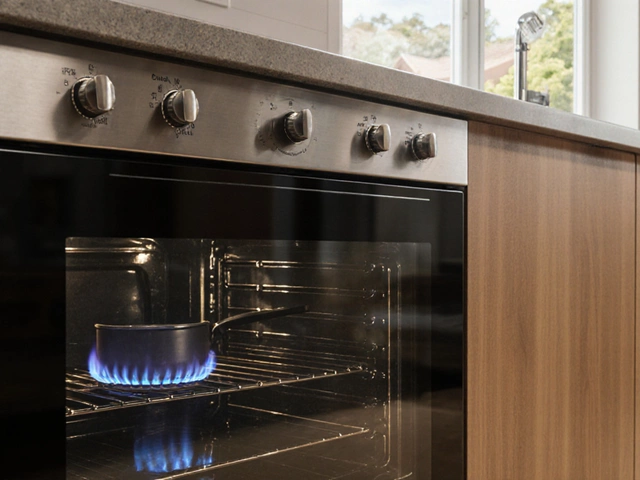Boiler Repair Tips You Can Use Today
Got a cold house and a noisy boiler? Before you panic, take a breath and check a few easy things. Most everyday boiler problems have simple clues and quick fixes that anyone can try. This guide walks you through the basics, so you know when to roll up your sleeves and when to pick up the phone.
Spot the Common Warning Signs
First, listen. A rattling, gurgling, or whistling sound often means air trapped in the system or a faulty pump. If the pressure gauge sits below 1 bar, the boiler isn’t getting enough water to heat properly. Look for leaks around the pipework – even a tiny drip can cause major loss of pressure over time.
Another red flag is inconsistent heat. If one radiators stay cold while others are toasty, you probably have trapped air or a blocked valve. Check the thermostat too: an older dial can drift and make the boiler work harder than needed. Finally, keep an eye on the boiler’s error codes; most modern units flash a pattern that points to the fault.
Simple DIY Fixes
Start with the pressure. Most boilers have a filling loop – a flexible hose with two taps. Open both taps for a few seconds, watch the gauge rise to around 1.2 bar, then close them. That tiny top‑up can solve a lot of heating hiccups.
If air is trapped, bleed the radiators. Use a radiator key, turn the valve counter‑clockwise until a steady stream of water appears, then shut it back. You’ll hear a sigh of relief as the system releases the bubbles.
Cleaning the pressure relief valve is another easy win. Dust and debris can stick the valve shut, causing pressure spikes. Gently lift the valve with a screwdriver, let a bit of water flow out, then snap it back. Make sure the surrounding area stays dry.
For noisy pumps, a quick power‑off for a minute can reset the motor. When you turn it back on, the pump often runs smoother. If the noise persists, check the pump’s mounting bolts – loose screws can cause vibration.
Don’t forget the thermostat batteries. A weak battery can give erratic temperature readings, making the boiler think it’s colder than it is. Swap in fresh AA batteries, and you might notice immediate improvement.
When you’ve tried these steps and the boiler still misbehaves, it’s time to call a professional. Persistent leaks, strange smells (especially gas), or constant error codes indicate deeper issues that need expert tools and certifications.
Regular maintenance helps avoid most of the above. Schedule an annual service, keep the area around the boiler clear, and never ignore a small leak – it can become a big problem fast.
By learning the signs and handling the easy fixes yourself, you’ll keep your home warm, your wallet happy, and the boiler running longer. Stay safe, follow the manufacturer’s instructions, and enjoy the comfort of a well‑tuned heating system.






